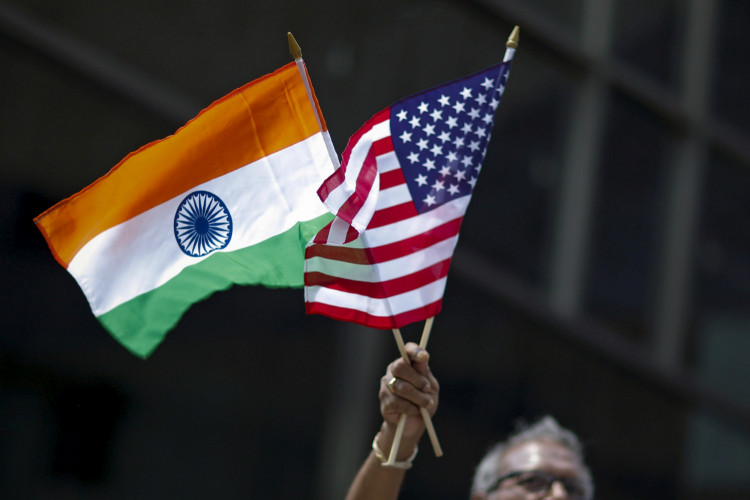India joins the heat of trade war between China and the U.S. as it imposes higher tariffs on U.S. goods. The decision of the Indian government to impose higher customs duties is its response to Trump's decision to strike down trade concessions on Indian goods that were imported to the United States since 2017. The move will earn the Indian government an additional $217 million, according to Bloomberg.
Al Jazeera reports that the increased tariffs will be implemented on 28 kinds of goods including apples, walnuts, and chickpeas among others and will take effect Sunday. According to the Indian government, the decision was not retaliation to the United States government but is a fulfillment of its duty to the people, looking at the action as necessary to the public's interest.
Interestingly, this development has come just days before the visit of U.S. Secretary of State Michael Pompeo to India. Apparently, both countries have served each other a pungent taste of each other's trading policies and yet the purpose of Pompeo's visit is to strengthen its relationship with India, especially in terms of their defense and energy ties. Right now, tension is building up between India and the US, and nobody knows how things would unfold between the two countries after the visit.
Perhaps, one of the reasons for Trump's abolishing trade concessions for India is its premature assumptions of the country's market access. But when asked if the U.S. is carrying out an investigation on India's trade practices, the Office of the United States Trade Representative remains mum on the issue.
Perhaps what India is doing is not politicizing its trade relationship with Uncle Tom but is just returning the favor to the US after it has imposed higher levies on products exported from the country in 2018.
The move bears a close resemblance to the actions taken by China and the European Union regarding tariff increases; however, India has emphasized that it does not idealize retaliation against the United States but is open to all means to prevent a trade war.
India has been an important trade partner to the U.S. for a long time, but the way things are unfolding between the two countries as just in time with the US-China trade war, the inclusion of India into the story may just create a more complicated dynamics of trade practices in the international sphere.
But so long as India remains true to its objective of imposing higher tariffs on U.S. goods as a response to the people's interest, then everything should remain politically good for the government although not economically.






